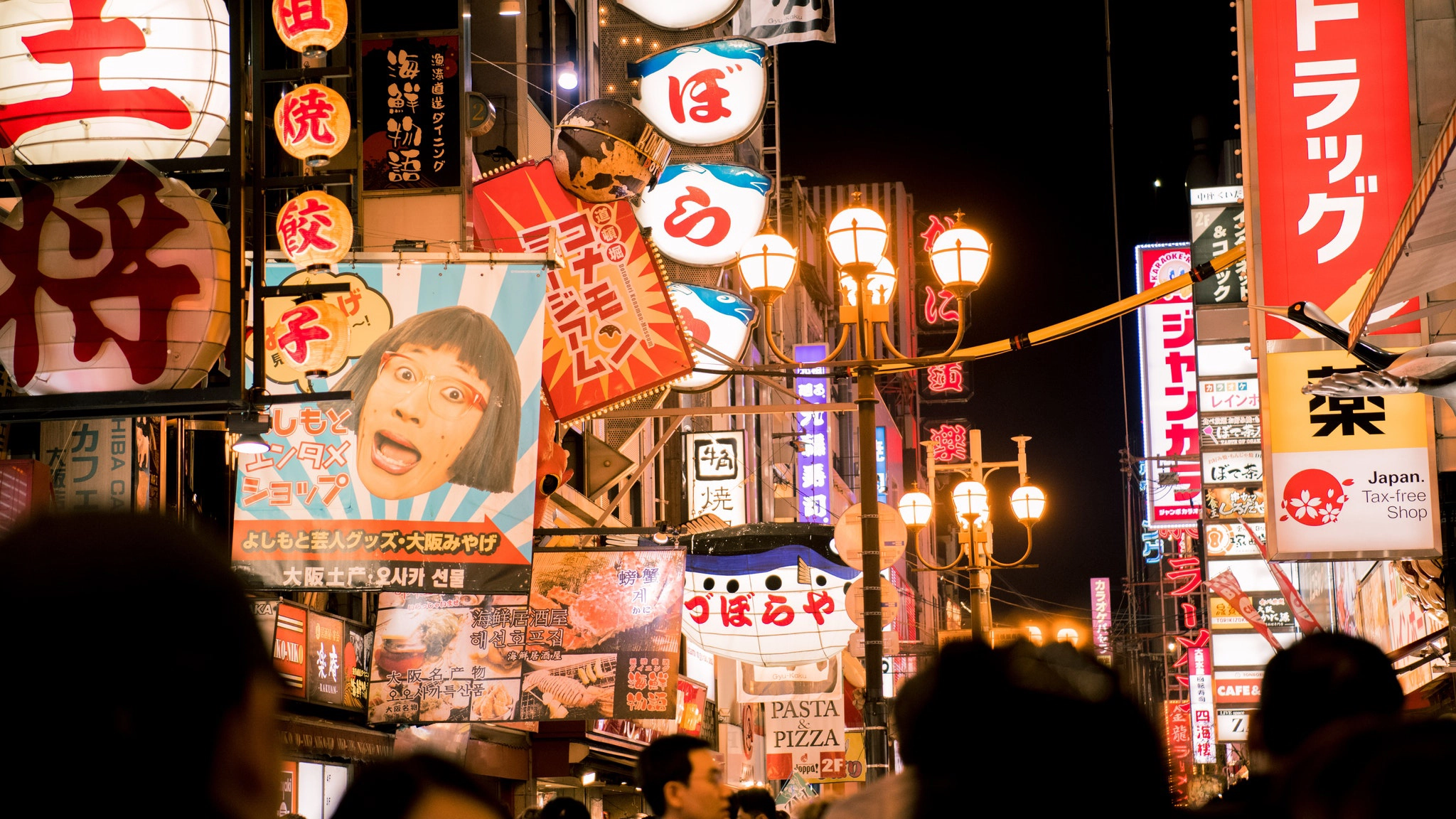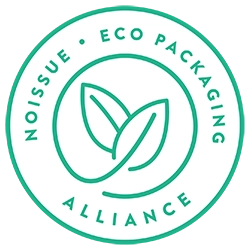What is overtourism, and how does it affect the environment?

At Flewid Friendly, our goal isn’t just to sell our product. We’re all a group of environmentalists who want to spread awareness and do what we can to help. In our past blogs, we’ve educated our readers on a variety of subjects. And we’ve partnered with Seed The Change, so when you buy rice straws from us, a small portion of the proceeds goes towards planting a tree.
Months ago, when the idea for this blog was first pitched, we noticed something startling – the word processor we use doesn’t recognize the word ‘overtourism’. That made us wonder how many people recognize the term. You, reader, do you know what overtourism means?
In this blog, we want to discuss overtourism – what it means, what causes this phenomenon, how it affects our environment and our lives, and what we can do to help.
What is overtourism?
The term’s kind of self-explanatory. It’s the term used to describe when certain places get popular and are visited by an excess amount of tourists. This leads to a lot of problems, which we’ll discuss later.
Most popular tourist hubs suffer from overtourism. When the USP offered is natural beauty (think the beaches of Hawaii or the coral reefs of Australia), it becomes a difficult situation, because overtourism has a drastic, negative impact on the environment.
Causes of overtourism
Overtourism has been referred to as an ‘epidemic’ by some websites, which, while harsh, makes complete sense. So, what causes overtourism?
There are a variety of causes. The steadily rising world population is one. Then there’s the fact that we’re seeing more tourists in general. Whether this is due to recent trends or other factors is not known. Since the number of tourists is rising and the number of tourist spots is limited, overtourism is a given – especially since people tend to flock to popular places.
Another important cause is marketing. When a tourist destination starts to gain popularity, companies hurry to profit off the rise in demand, and market the hell out of the place – leading to overtourism.
There are two more key reasons behind overtourism – accessibility and weather. With apps and websites making the booking process easy, a lot more people are starting to venture overseas. And finally, the weather. When it’s pleasant (think summertime in Europe), people flock to a place to enjoy the nice weather and scenic beauty, thus leading to an excess.
How overtourism affects the environment
Overtourism spells disaster for our environment. Let’s see how.
1.Resource consumption
The more populated an area, the more the resources it uses. Add to that the energy used in transporting all these people to and from the city, and across the city’s tourist points, and you have a place that far outweighs others in terms of resource consumption. This creates an imbalance, and leads to many problems from an environmental standpoint.
2.Increased waste creation
People travel to have fun – and this includes a lot of consumption. While that’s good because it brings in money and promotes local culture, it’s bad because the amount of waste created is enormous. In the US, 30-40% of the total food supply goes into the trash as food waste. And this heaps up in our landfills. Add to that non-biodegradable waste products, and you get cities with a major waste problem.
3.Pollution
With all those planes flying in and people driving from one point to another, there’s bound to be air pollution. Tourist hubs struggle with pollution of all kinds. People travel to get a breath of fresh air, but really what they’re signing up for (and subjecting others to) is a breath of exhaust-laden air. Flights cause an immense amount of pollution, and use incredibly large amounts of fuel.
4.Destruction of natural ecosystems
With pollution comes habitat destruction. Perhaps the most notable example is that of bleached corals. People throng to beaches with coral reefs, but the sunscreen they wear washes off into the sea in the process, and certain chemicals in it destroy our beautiful coral reefs. It goes to show how small actions can have huge consequences.
Overtourism has been referred to as ‘human pollution’, which makes sense in an abstract kind of way. When you travel somewhere, make sure you do the proper research so you avoid contributing to the problem (more on that later). And of course – buy rice straws for a greener, plastic-free Earth!
How overtourism affects an area’s residents
Would you like it if your city became a booming tourist hub? The development and the influx of interesting new people may seem exciting at first, but the cracks soon start to appear. Overtourism makes a place insanely popular and drives prices up – the cost of living, property prices, everything. However, this happens while the quality of life continues to fall.
Like we stated in the last section, overtourism brings pollution and resource depletion with it, which isn’t pleasant (to say the least). Put all of this together, in one place, and you can see how while a place may seem great from a tourist’s point of view, it’s awful from a long-term resident’s perspective.
How to avoid contributing to the problem
We have a short time on Earth. If you have the money and the desire, you should certainly explore the world and have a great time. However, you can achieve a balance and see the world without polluting it. Here are some tips:
1.Take a bus
Flights are efficient and comfortable, but very bad emission-wise. If you’re traveling short or medium distances, the most eco-friendly option is to take a bus. You can research the destination and plan out your stay during the trip, and spend some time relaxing. Compared to even a hybrid car, taking the bus reduces your emissions by an unbelievable 50%! (PS – For longer distances, take a train.)
2.Travel during the off-season
If a place is most popular during summer, if you go in Spring or Autumn, you’ll enjoy similar weather, but see far smaller crowds, reduced prices, and you won’t be contributing to the overtourism problem. If the tourists from one season could be spread out evenly over the year, we wouldn’t really have a problem at all!
3.Stay longer
Instead of planning out your itinerary by the minute and cramming as much into a 2-day stay as humanly possible, stay for 10 days. Take leisurely strolls along a river, and go to tourist attractions in the early morning, or at night, when you won’t meet a crowd. Don’t just dip your feet into the culture – take a full, splashy dive! It will be a much more enriching experience.
4.Explore new places
When visiting a place, instead of going to the tourist spots you’ve seen a hundred photos of, go somewhere new. Look for unheard-of museums, parks and other attractions, and pay them a visit. They’ll welcome the business, you won’t be in a crushing crowd, and you’ll get to experience something truly new. After all, if you go to Paris and see the Eiffel Tower, are you really seeing anything very exciting?
5.Stick to eco-friendly habits
Just because you aren’t at home doesn’t mean you can ditch all those habits you’ve worked hard to establish! Buy rice straws and take them with you, buy produce from organic stores, avoid products that come with excessive packaging, and don’t litter! Most of the trash on the streets ends up in our oceans, where it hurts our marine wildlife.
How to help if you’re a business profiting off overtourism
Overtourism attracts businesses that cater to various tourist needs. We aren’t saying it’s wrong, but it does contribute to the vicious cycle. If you’re a business that profits off overtourism, recognize that fact. That’s the first step in getting better. Next, try to change the way your business works to be more eco-friendly.
For example, restaurant owners can provide reusable cutlery instead of disposables. Curio stores and shops should try and avoid plastic packaging. Malls can ditch plastic bags and instead give out cloth bags. Hotels can do a fair bit, too – provide a reusable glass and encourage guests to drink from the tap instead of giving out plastic bottles. Place soap and shampoo bars in the bathroom instead of liquid wash. Street food stalls can provide reusable plates and cutlery, and dispose of their waste properly.
There’s a lot that you can do – you just have to want to help, and be willing to extend some effort.
Buy rice straws for a clean, green Earth
Inhabiting Mars would be exciting and all that, but that doesn’t mean we can continue to treat our Mother Earth badly. She has nurtured life for millennia, and continues to do so, despite all the garbage (literally) that we’re flinging at her. Our planet’s staggering under the weight of all our plastic waste, and it’s up to us to clean it up.
There’s no getting rid of the plastic that’s already accumulated – all we can do now is wait. However, we can and should stop using more disposable plastic. So if you’ve been using plastic straws, buy rice straws instead! They’re perfectly eco-friendly, biodegradable, ocean-friendly, and budget-friendly. And there’s more – for every product you purchase from us, we plant a tree! Seed The Change is helping make this possible.
Click this link to learn more about our product, and to buy a pack.

